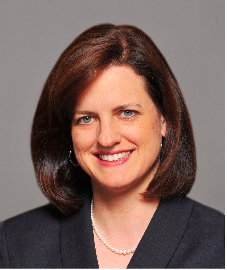A few days after CalPERS pulled out of hedge funds, the State Employees Association of North Carolina (SEANC) called on North Carolina’s pension fund to do the same.
The pension fund, however, has shown no willingness to follow in CalPERS’ path, and recently doubled down on its support of hedge funds as part of its portfolio.
Originally, SEANC released this statement:
“Other institutional investors around the world could potentially follow CalPERS’ lead and finally dump these high-risk funds,” said SEANC Executive Director Dana Cope. “Those who wait to cash in may find the money’s gone. That’s not a risk state workers are willing to take. It’s time to pull out of these investments now before the cart starts going downhill too fast for us to jump off.”
Hedge funds are notorious for high fees. Pension funds and investors pay these fees in hopes that the payoff will be higher, but for the past decade, hedge fund performance has been lacking. Cowell has the power to invest of 35 percent of the $90 billion state retirement system in “alternative investments,” a term that includes hedge funds.
But North Carolina hasn’t budged, and pension officials have supported their hedge fund allocation. From the News & Observer:
Kevin SigRist, chief investment officer of North Carolina’s $90 billion fund, said that the state is by and large pleased with the performance of its hedge fund investments and plans to stay the course.
North Carolina’s hedge fund investments generated an 11.48 percent return for the fiscal year that ended June 30, as well as a three-year return of 6.86 percent and a five-year return of 7.59 percent. That 11.48 percent return bests the 7.1 percent return that CalPERS reported from its hedge fund portfolio and compares to the state’s 15.88 percent overall return for its latest fiscal year.
“We would expect to continue to evaluate (hedge funds) and use them where appropriate and where we think there are benefits to the trust fund,” SigRist said.
[…]
SigRist said that the fact that hedge fund investments cut across asset classes is at the heart of why North Carolina doesn’t disclose how much of its pension fund is allocated to hedge funds – a practice that has drawn SEANC’s ire. Although the pension fund has stipulated the allocation to hedge fund strategies, he added, that’s only a piece of the pie because it’s based on an antiquated concept of what a hedge fund is.
Currently, North Carolina’s pension system has $3.9 billion in hedge funds, or 4.3 percent of total assets. They paid $91 million in fees to those funds in 2013.
